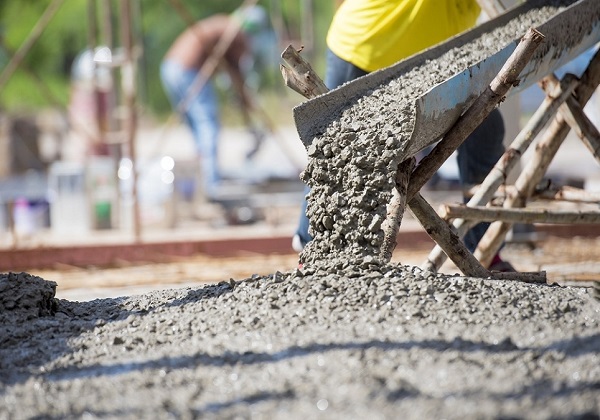South African cement sector has been negatively affected by the new Covid-19 pandemic and it might require projects similar to those witnessed in the run-up to 2010 world Cup to revive, industry players have said.
Bheki Mthembu, head of the inland business unit of PPC, says the lack of large-scale construction projects in South Africa has left cement producers heavily dependent on residential construction.
“The sector has had issues for a while and government needs to support us through infrastructure maintenance and other projects. We were in survival mode and COVID-19 almost served as the final nail in the coffin,” said Mthembu.
South Africa went into total lockdown in March when Covid-19 infections started to surge exponentially. During that period only sectors offering essential services were allowed to operate. The construction sector was not one of them.
Cement production restarted in May under Level 4, but construction was still prohibited and local stores had shortages of cement when they were allowed to open with restrictions being reduced to level 3 in June.
The price of cement also rose sharply from ZAR80 (US$4.77) to ZAR120-150 (US$7.16-8.96) in June as cement producers had difficulties sourcing raw materials to produce sufficient cement.
President Cyril Ramaphosa said last month that South Africa is putting more investment in infrastructure development to help in post Covid-19 recovery.
Speaking during Sustainable Infrastructure Development Symposium of South Africa which he hosted, Mr Ramaphosa said that disruptions caused by COVID-19 globally and locally had exacerbated South Africa’s economic vulnerabilities and dimmed growth prospects.
“Growth is likely to fall by at least 7 percent in 2020, compared to an expectation of modest growth of around 1 percent before the pandemic struck,” he acknowledged.
South Africa hopes that by investing in infrastructure development, jobs will be created, people will earn incomes and essentially spur economic growth.
The move will also get construction and related services companies back to work, inducing them to hire staff and expand capacity. The expectation is that the South African cement sector will also benefit.
Also Read
Ethiopia denies filling Grand Ethiopian Renaissance Dam
Egypt gets great road builder award

